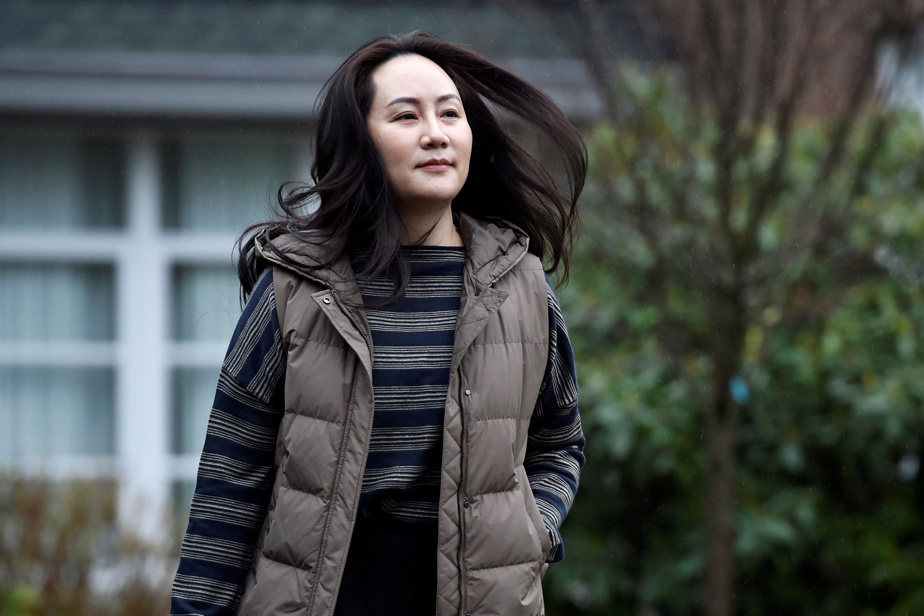A judge of the Supreme Court of British Columbia rejected a request from Huawei CEO Meng Wanzhou, who wanted to accept another testimony under oath from the employees of the telecom giant as evidence in its extradition case.
Associate Chief Justice Heather Holmes said in Friday’s ruling that the proposed evidence has no purpose in an extradition hearing, which has a different mandate than the trial.
She says the extradition judge examines whether the requesting state has provided evidence to substantiate the case, but does not engage in a broader evaluation of evidence or take into account the overall strength of the case.
MI am Meng is wanted in the United States on fraud charges that she and Huawei deny.
US authorities allege that Huawei’s CFO has distorted trade relations between the Chinese giant and its subsidiary Skycom, which could have prompted HSBC investment bank in New York to violate sanctions against Iran.
Although she rejected evidence under oath, Judge Holmes temporarily permitted an expert’s report to be accepted in evidence subject to further requests.
M.I am Meng at Vancouver Airport in 2018 drastically cooled relations between Canada and China. The arrest of Canadians Michael Coffrig and Michael Spavor is widely seen as revenge.
M.I am Meng argued in court that the proposed evidence would demonstrate that the US case presented to Canadian officials was “clearly unreliable” and that HSBC employees were well aware of Huawei’s relationship with Skycom.
But Judge Holmes ruled that presenting credibility results is not part of her job.
Judge Holmes wrote in the ruling that “the proposed evidence could do little more than provide an alternative narrative to that which the United States provided” in its summary of the case.
“This would take the extradition hearing out of its true scope.”




